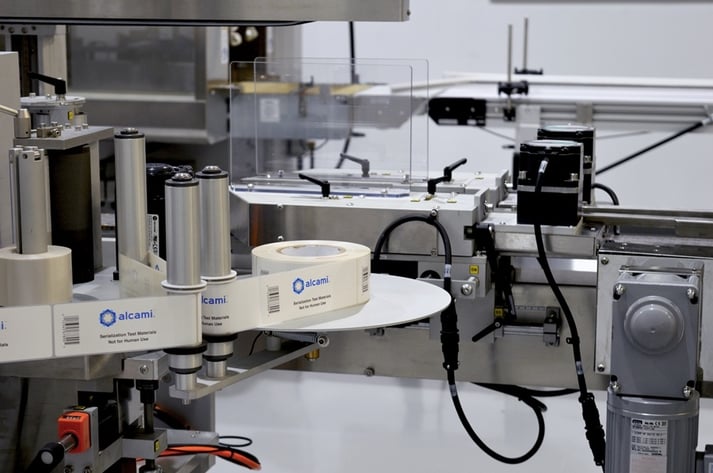3 min read
Serialization - Data Management Challenges
The implementation of the Drug Supply Chain Security Act (DSCSA) requirements poses many challenges. There can be an impact on productivity if your...
The Food and Drug Administration (FDA) issued a draft guidance listing the enforcement of product identifiers under the Drug Supply Chain Security Act. Specifically, this draft guidance addresses the requirement in section 582(b)(2) of the Federal Food, Drug, and Cosmetic Act (FD&C Act) (21 U.S.C. 360eee-1(b)(2)) that manufacturers “affix or imprint a product identifier to each package and homogenous case of a product intended to be introduced in a transaction into commerce” beginning no later than November 27, 2017. Ultimately, the FDA recognized the massive undertaking of such a requirement and extended the deadline to November 26, 2018.
Alcami began implementing serialization in 2015 to achieve the aggressive timelines and develop the necessary documentation needed to meet compliance. This case study shows how Alcami has successfully transferred clients into the new serialization program.
Scope of the Law under the Drug Supply Chain Security Act
Alcami began working on the transition to serialization in 2015 in order to achieve aggressive timelines and develop compliant formats and documents.
Challenges and Milestones

Partnering with Alcami
Although the FDA extended the timeline for serialization, Alcami set the goal of completing the process by November 2017. This has given us an edge in the market–ensuring our clients’ products are fully qualified and validated for commercial release. Our current clients have been enthusiastic with our efforts, documented by successful audits and inspections, as well as past experiences and milestones with their products.
Where Are We Now
Through great effort, dedication, and experience, Alcami has developed a cohesive serialization program for our clients. We have successfully transitioned several of our clients into the new serialization program and expect to have additional clients fully qualified by the end of the second quarter of 2018.
3 min read
The implementation of the Drug Supply Chain Security Act (DSCSA) requirements poses many challenges. There can be an impact on productivity if your...
4 min read
Many pharmaceutical manufacturers are concerned about label design and placement to accommodate a serialized label. These are, of course, very...
1 min read
Given that serialization execution is new to many in the industry, what should drug developers look for when reviewing a new contract development and...